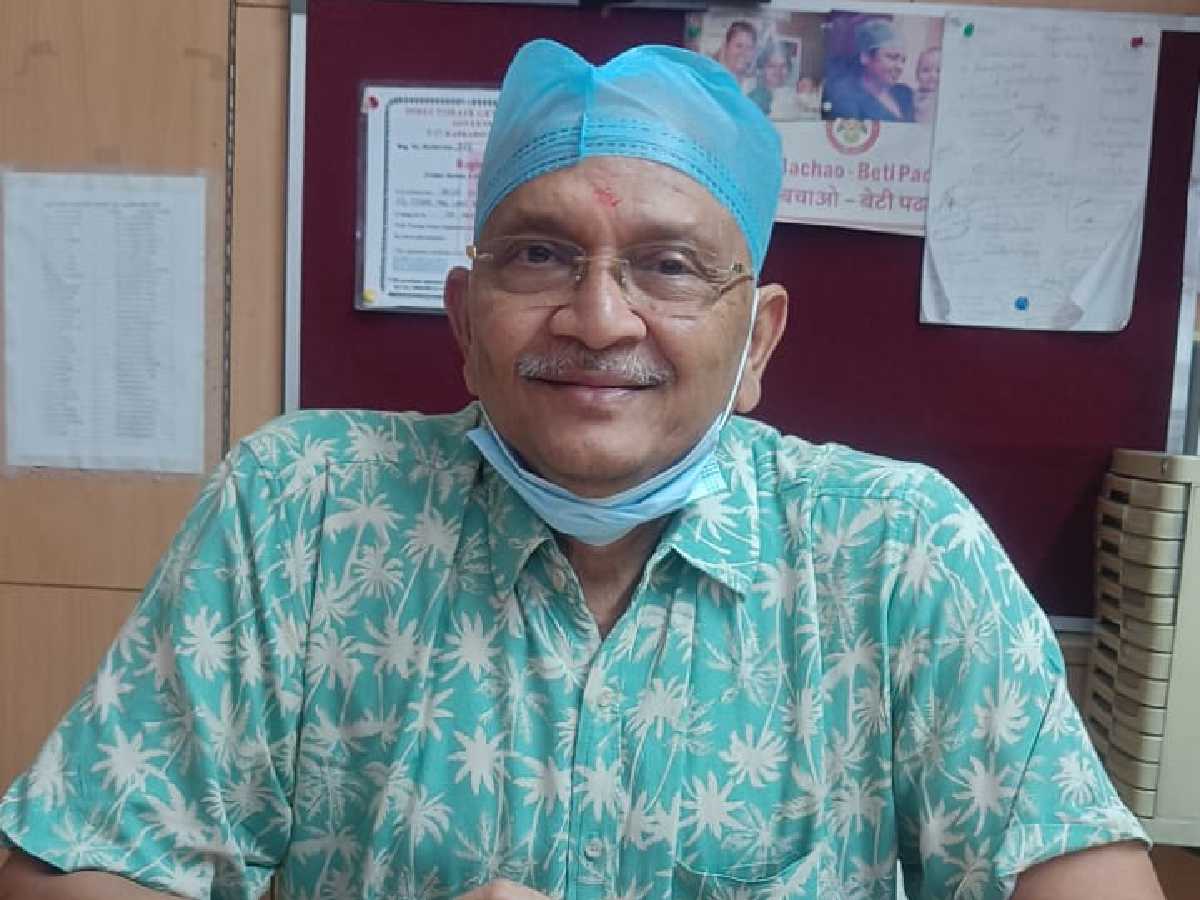The Supreme Court of India, which is hearing a batch of petitions challenging the surrogacy laws, has emphasised the need for a system to protect surrogate mothers from exploitation, even as commercial surrogacy remains banned.
A bench led by Justices BV Nagarathna and N Kotiswar Singh has suggested creating a database to ensure women are not repeatedly exploited and proposed that compensation be regulated through a designated authority rather than paid directly by the intended couple.
The court discussed the possibility of surrogates receiving compensation beyond just the medical expenses and the merits of creating a “surrogate bank” to better regulate the process. The matter has been adjourned for further hearing on November 5, with the parties concerned asked to submit their proposals.
To be sure, commercial surrogacy, which included paying surrogate mothers and taking care of their medical needs, was a regular practice in India till 2016, when it was banned after the Surrogacy Act came into being. It prohibited the “buying or trading the services of surrogate motherhood by way of giving payment, reward, benefit, fees, remuneration or monetary incentive in cash or kind, to the surrogate mother or her dependents or her representative”.
Also Read: What to expect when you’re expecting via surrogacy
It allows any “willing woman” between the ages of 25 and 35 years to act as a surrogate, once in her lifetime, “altruistically”, which includes coverage of medical expenses and a provision for insurance.
Several medical experts, such as Dr Anoop Gupta, don’t agree with the stringent provisions of the Act, whose merits are being debated in the country’s top court. Banning compensated surrogacy has pushed the process underground, creating opportunities for exploitation and corruption instead of reducing them, he says.
Edited Excerpts:
The Supreme Court has highlighted the need to safeguard the interests of surrogate mothers despite the ban on commercial surrogacy. What are your views?
The ban is completely useless. What the Supreme Court means by ‘safeguarding the interests of surrogate mothers’ is not clear. The entire system is based on earning a livelihood. To say surrogacy should be charity work without compensation is absurd.
The Court seems to suggest that surrogates should not be paid in order to prevent their exploitation.
If a woman chooses to be a surrogate, she should be compensated. Period. Many surrogates have no other means of income. This is a means for them to earn money and support their families. The question of exploitation doesn’t arise here.
An argument was made in the apex court about the surrogates receiving compensation beyond medical expenses. What do you think?
Absolutely! Surrogates should be compensated fairly. In the past, we ensured surrogates received care even after delivery for up to a year. But now, with the laws making everything more complex, we are losing sight of what actually benefits the surrogate mothers.
Could there be some merit in the idea behind promoting altruistic surrogacy?
No, altruistic surrogacy is impractical. The reality is that surrogates are compensated one way or another, and creating a system that prevents them from being paid doesn’t help. Surrogates should be allowed to earn. Yes, there should be proper guidelines overseeing the process. However, they shouldn’t be complex and restrictive, paving the way for corruption and delays.
Do you believe setting up a database or creating a board for surrogates would help protect them?
No, not at all. These ideas will only increase bureaucracy and corruption. Instead of protecting anyone, they will make the process more cumbersome.
Do you think the government should impose taxes or fees on surrogacy to regulate it better?
Instead of imposing taxes, they should focus on simplifying the system. By creating more financial burdens, they’re just pushing people to seek out illegal alternatives. We need fewer regulations, not more. This is an emotional and personal decision for the couples and the surrogates, and it should be handled with care, not government interference.
What about the argument that commercial surrogacy is exploitative, especially for poor women?
This is a complex issue. It is often asked whether it’s ethical to make a woman carry a child for nine months only to hand it to someone else for money. But let me explain it from a different perspective. In many cases, the women who become surrogates already have children of their own and have no desire for more. They see it as a financial opportunity—surrogacy gives them around Rs. 5 lakh, which can be life-changing for many. It helps both sides—the commissioning parents who can’t have children and the surrogates who gain financial support.
Suggesting that women do it altruistically is absurd — why would someone carry a baby for nine months without compensation? Banning compensated surrogacy has pushed the process underground, creating opportunities for exploitation and corruption instead of reducing them.
Also read: Is your cough more than just a cold? Key signs of lung cancer to watch for





